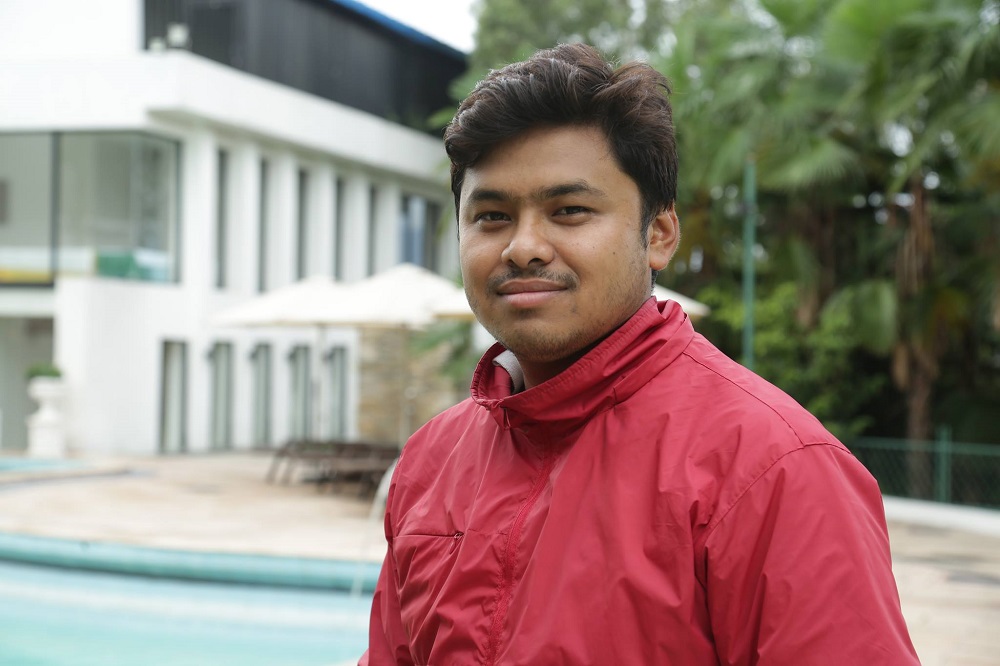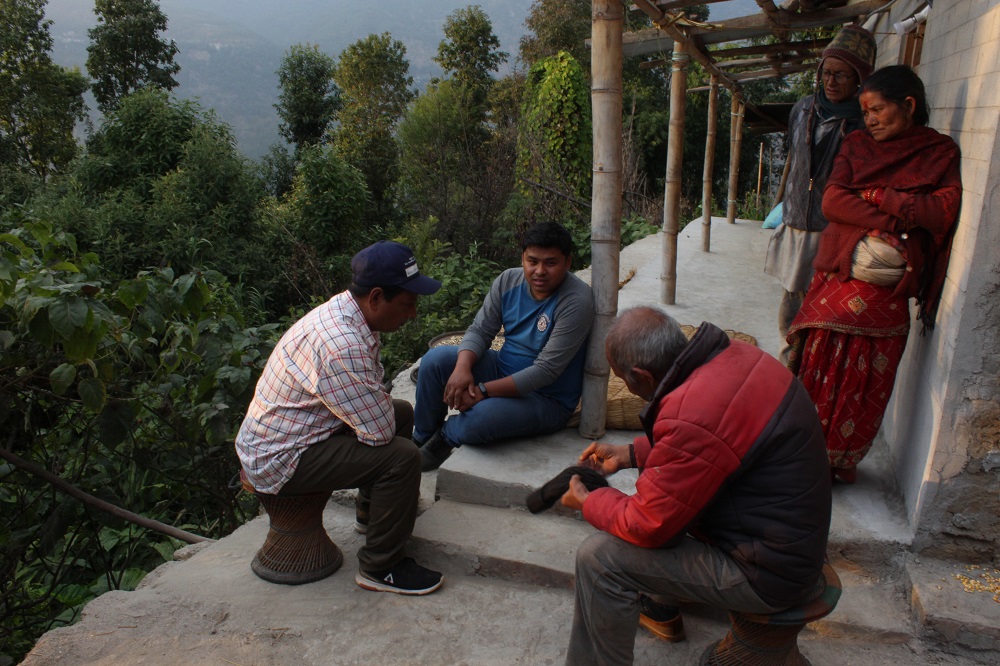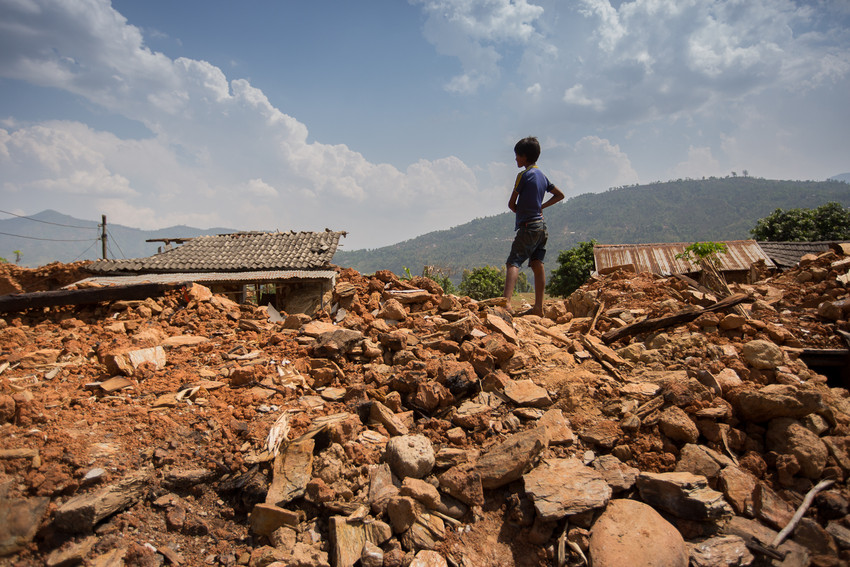
Writing from Nepal this World Environment Day, Islamic Relief’s Pratap Maharjan argues that to preserve vital biodiversity – and communities – we must listen to local voices.
With their rolling green hills and beautiful rivers, the Dolakha and Ramechhap districts of central Nepal are known to be rich in biodiversity. They are the natural habitats of a great many species, including the snow leopard and the red panda.
But the districts are also especially prone to disasters. Its towns are at greater risk of earthquakes than most other urban centres in the world, while droughts and floods have devastated lives and livelihoods.
I have been working in Ramechhap leading an Islamic Relief project to reduce the risks posed by disasters in Gokulganaga rural municipality.
One of my greatest concerns is how people in Gokulganaga perceive themselves and their capabilities. Whenever I talk to them about disaster risk reduction techniques, older people say, “You are a learned man, you know better than we do.”
I patiently disagree and tell them that they are at the forefront of reducing risks and that their experience is vital to us.
Their years of experience have given them an insight into disaster risk reduction that cannot be learned from a distance. They’ve experienced and survived disasters that others can’t even imagine. They have gone through monsoon storms and tended to their farms in the heavy rain. They’ve been uprooted from their homes by earthquakes or other natural disturbances. They have found a way out of their adversities – either by adapting to change or reducing the risk they face.
But I always get rebuttals, and then they show me their hands, roughened by lifelong work in the fields.

Indigenous knowledge is vital to preserve biodiversity
Since local people have mastered slope management techniques and created intricate landscapes with terraces, it is easier to explain slope stabilisation and drainage management, which reduces the risk of landslips.
We are all learning from each other.
The community already knew how to take care of their habitat; they have ways to manage their water so just enough reaches every terrace without damaging the surrounding areas.
Our job is to teach them about drainage management to reduce the risk of landslides, so they are more resilient when disasters strike.

Most people in Gokulganaga are very familiar with the land, the river and the wildlife, and are mindful of their environment. They are proud of their land and treat everything around them with the utmost respect.
You see it when they feed the frogs in the field, as they use them as natural pest controls, preventing irreversible damage to the fields and the environment.
Local people have a wealth of knowledge that we need to tap into to preserve biodiversity. Even though they may turn to Islamic Relief for answers, the truth is that indigenous practices provide invaluable knowledge that has helped preserve their natural habitat for generations.
What we must do is continue to seek systematic ways to understand the scientific basis of their ecological knowledge. As they live in harmony with their environment, we will continue to complement their wisdom, uncovering more tools and methods to protect the ecosystem while supporting the cultural and economic wellbeing of communities in Nepal.
Support Islamic Relief’s transformational development work in communities like Gokulganaga: donate now.










